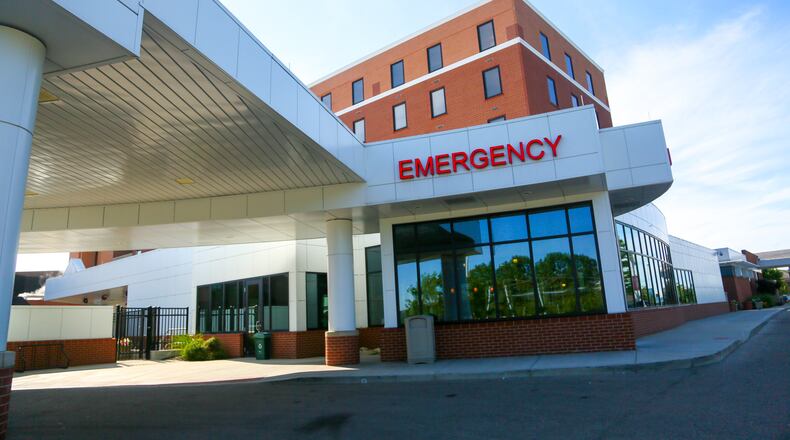RELATED: Franklin business owner talks health care with Trump: 'They wanted to hear from the little guys'
Bryan Bucklew, president and chief executive of GDAHA, says those problems are reasons why U.S. Rep. Mike Turner voted against the bill in the House last month, and why he hopes Sen. Rob Portman will stand against the bill being crafted in the Senate.
In the past, Portman has expressed misgivings about the bill, saying he can’t support the version passed by t he House.
“We really hoping Sen. Portman listens to us also,” Bucklew said Tuesday.
RELATED: Premier, UnitedHealthcare negotiations continue over health plans
In early May, the House passed its version of a bill to repeal and replace the Affordable Care Act, also known as “Obamacare.” The Senate is working on its own version of the bill now.
Broadly speaking, the House bill would do away tax penalties for people who choose not to get health insurance, and it would pull back state expansions of Medicaid, including Ohio’s.
Instead of government-subsidized insurance policies offered on ACA “marketplaces,” the House-passed bill would offer tax credits of $2,000 to $4,000 a year.
The 10-year impact — from fiscal year 2017 to fiscal 2026 — of the replacement bill, called the “American Health Care Act,” would hit Montgomery County especially hard, Bucklew said.
“We’re trying to deal with this opioid issue,” he said. “The state government, the federal government is asking us to be more engaged, to provide more services, more detox, more sobering. A lot of this is funded through that Medicaid and through that Medicaid expansion.”
Having said that, Bucklew readily acknowledges there are problems with the status quo in health care.
“Everybody agrees that the individual insurance market is not working well,” he said. “It needs to be fixed. But it’s less than seven percent of the entire health care population.”
The rising premiums that attract so much attention are generally within that individual market, he said.
He added, “We’re very supportive of trying to find solutions to that.”
GDAHA represents hospitals in Auglaize, Butler, Darke, Champaign, Clark, Greene, Miami, Montgomery, Preble, Shelby, and Warren counties.
About the Author
